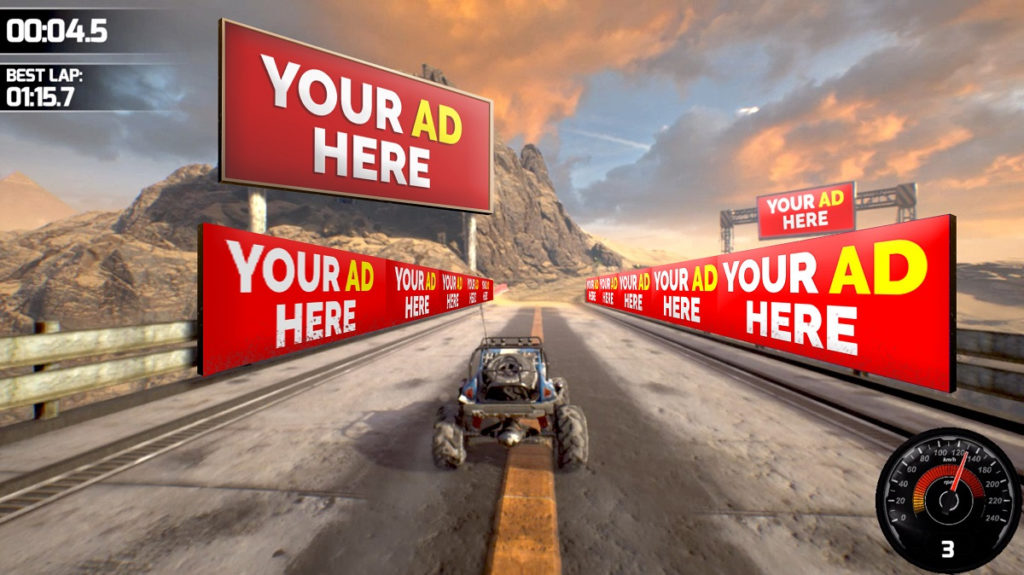As part of Gaming Month, we talked to some of the key players in the space about the state of the gaming nation. In this piece, we spoke to our friends at Azerion, Admix, Outplay and Anzu.
We’re all gamers. We just don’t consider ourselves so. That’s the opinion of agencies and publishers that believe ‘gaming’ is advertising’s next big thing.
This year’s coronavirus has engaged many marketers into thinking about the power of games to engage: and rightly so. There have been barriers in the past but a new wave of companies are looking to negate those: gaming, they say, is interactive, economic and brand-safe.
The opportunity is huge: there are now more than 2.7 billion active gamers around the world, a billion more than five years ago, according to analytics firm Newzoo, which estimates nearly $160bn will be spent on games this year. That’s more than what people spent at the box office and on music combined in 2018. And last year players spent 1 trillion hours playing games and 25 billion hours watching gaming streams. On average, players aged 18 to 34-years-old spent more time playing than on social media or watching TV.
Sebastiaan Moesman, board member & CRO of Azerion agrees in principle. He says: “We rarely see any disappointed advertiser turning away from gaming after they tried.” He adds: “Gaming isn’t a niche. Every human plays. Every human with a smartphone plays games. This means every brand can find every audience in this space, so combined with the intrinsic high engagement of the environment, most of them do well or great.”
Yet, despite four times more time spent on games than on TV, advertisers spend on average 40 times less money on gaming.
Samuel Huber, a co-founder of Admix, also thinks the time is now to change the conversation. He believes that previously publishers have offered up either no or the wrong formats that challenge game-play whilst advertisers have been confused over the definition of what a gamer is. He says: “The definition of what a gamer ‘is’ has changed as technology has given casual gamers entertainment at their fingertips. This mass audience is not necessarily committed to pay to play so advertising can play a role.”Huber says that naturalised advertising such as digital billboards within games is a good place to start as it does not interfere with the experience itself but instead replicate the real world.
Doug Hare, founder of Outplay Entertainment agrees. He says that there are a lot of ways that advertisers can be a part of gaming but warns: “If they are not experienced this can be quite intimidating.”
Says Natalia Vasilyeva, VP Marketing at Anzu.io: “Advertisers have started to realise the potential of gaming. But there are a lot of myths still around gamers and what they can and can’t do in gaming.” She continues that they have begun to see it as a touchpoint in their video strategies but still fear the lack of standards that they are used to in other media.
It is something that Anzu and other companies are working hard on, bringing onboard third-party companies to mark their homework and prove to marketers the effective return on investment.
The game is on.







